

James Wong
2025 Cupra Terramar VZ review
5 Days Ago
Lamborghini's upcoming electric vehicle is set to give the brand a new take on life as it adapts to the future.

Publisher
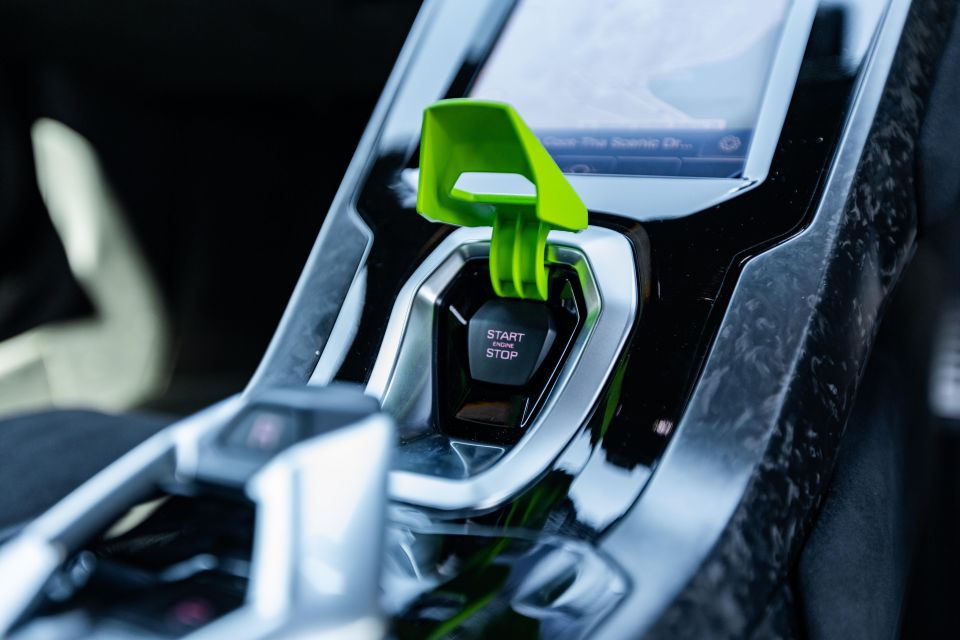

Publisher
Lamborghini, set to release its first EV in 2028, says that designing and engineering a car without an internal combustion engine will lead it to create something completely new, and in some aspects remake the brand.
The 2028 Lamborghini EV will be a Grand Tourer with 2+2 seating configuration, that will look to redefine the EV super sports car segment, and take on other high-performance EVs such as the potential Tesla Roadster and the Ferrari equivalent that will have been released by then.
Speaking to CarExpert at the launch of the new Huracan Tecnica in Spain last week, the global boss of Lamborghini, Stephan Winkelmann, also admitted that the move to hybridisation and EVs was purely driven by the European Union’s ever stricter emission regulations.
“The legislator is the pusher on the change of all the car manufacturers, this is something we would never deny, even though our [small volume] numbers are not influencing the CO2 emissions,” Mr Winkelmann told CarExpert.
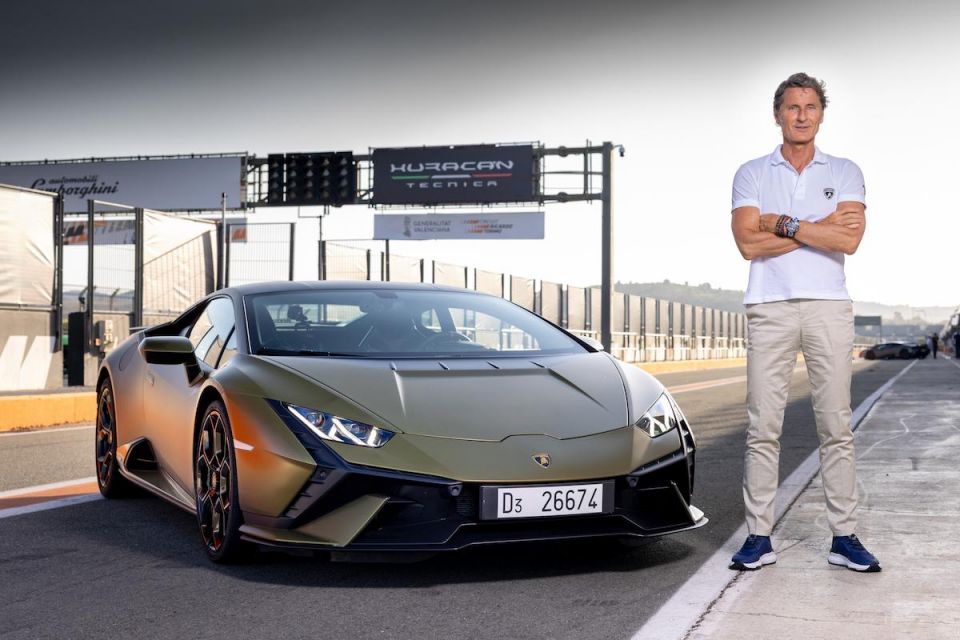
“But we have to be responsible and ethically responsible and therefore we are doing, and I think the first model is a good exercise for us, yes it’s a GT 2+2 but it’s also a new body style, new tech, lots of opportunities to remake Lamborghini.”
Even though Europe this week gave the likes of Lamborghini and Ferrari an exemption in being able to continue production of internal combustion engines past the 2035 deadline set for the rest of the industry, there will no doubt be some markets that are unlikely to be as generous.
This means the lack of a big engine at the rear or front of the new GT gives Lamborghini an opportunity to reinvent the brand for the next-generation of vehicles that will no doubt follow, with Winkelmann saying that it will be “very recognisable but it should also be something completely new”.
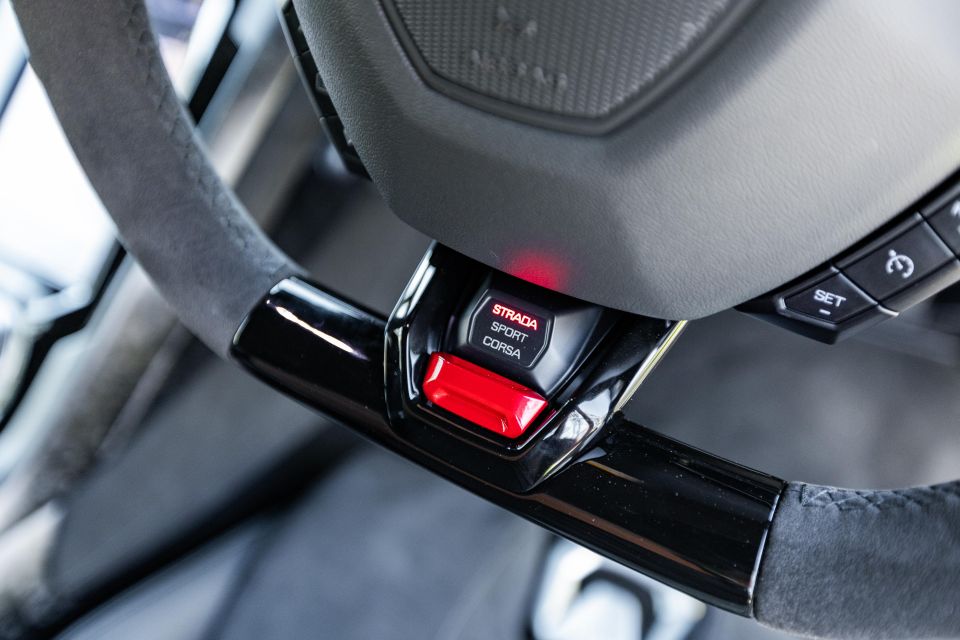
As for who will buy a Lamborghini EV? The brand believes that it must do more to attract a new-generation of customers that will have had far more exposure to EVs and are not necessarily interested in large capacity internal combustion engines but still wish to live the Lamborghini lifestyle.
According to Mr Winkelmann, the new model’s aim is to secure new customers as well as maintain current ones.
“[The EV will attract] both new and existing customers… but our aim is to get new customers otherwise it would be jeopardising and cannibalising existing.”
The yet to be named electric Lamborghini GT will be preceded by an Aventador replacement in 2023, Huracan replacement in 2024, and an all new Urus likely around 2026-27.
MORE: Lamborghini nurtures combustion in EV era – CEO interview
Where expert car reviews meet expert car buying – CarExpert gives you trusted advice, personalised service and real savings on your next new car.
Alborz is the founder of CarAdvice (sold to Nine and now Drive) and co-founder of CarExpert. He is an honourary adjunct professor & entrepreneur in residence at the University of QLD. He loves naturally-aspirated V8s, V10s and V12s and is in denial about the impending death of the internal combustion engine. The best way to reach him is via Instagram.


James Wong
5 Days Ago
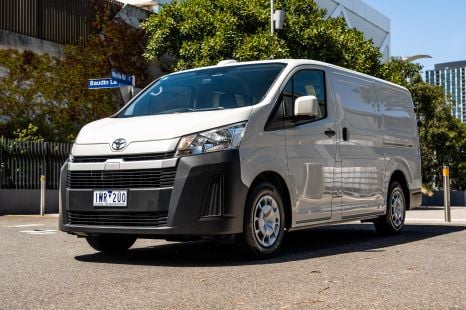

Max Davies
5 Days Ago
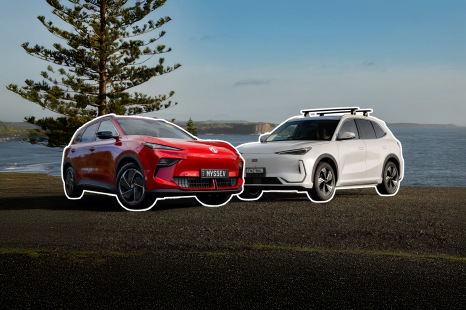

Andrew Maclean
4 Days Ago
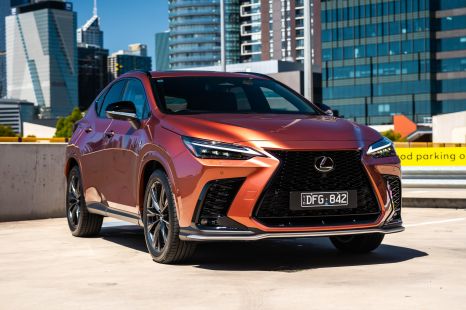

Max Davies
3 Days Ago
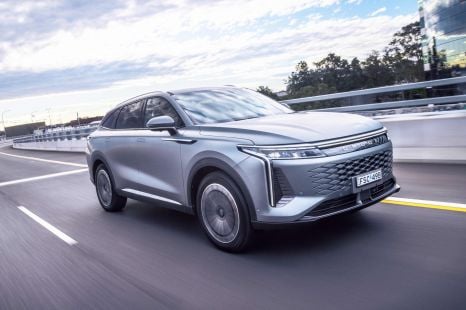

Damion Smy
1 Day Ago
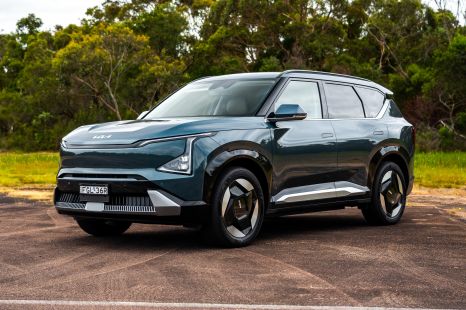

James Wong
20 Hours Ago